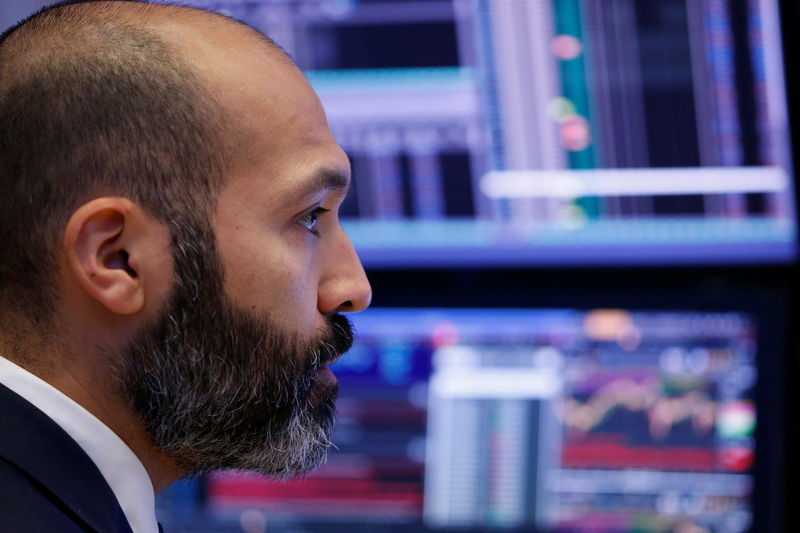Francesco Guarascio and Khanh Vu
HANOI (Reuters) – Vietnam is seeking its third president in just over a year after the ruling Communist Party on Wednesday forced the resignation of Vo Van Tuong, who was elected only last year after the abrupt dismissal of his predecessor.
With accumulated foreign direct investment exceeding its gross domestic product, Vietnam’s stability is critical to multinationals with large operations in the Southeast Asian manufacturing hub, including Samsung Electronics (KS:), which ships half of its smartphones from Vietnam, and Apple ( NASDAQ: ), which has many key suppliers in the country.
That stability, guaranteed for decades by a state tightly controlled by the Communist Party, now looks less secure, although analysts agree that the current leadership change will not affect the country’s key policies, including its “bamboo diplomacy” aimed at maintaining good relations . relations with the US and China simultaneously.
Behind the latest reshuffle is a long-running “blazing furnace” anti-corruption campaign that party chief Nguyen Phu Trong launched back in 2016. It aims to root out corruption so widespread that in some provinces up to 90% of applicants for land certificates paid money. bribe, according to a report published in March 2023 by the United Nations Development Program and other organizations.
The campaign has intensified over the past two years, with critics saying it is increasingly being used for political gain by party factions vying for power.
Tuong, 53, is accused of violating party rules, according to a statement released Wednesday that did not specify what he did wrong.
He resigned days after police announced the arrest on suspicion of corruption a decade ago of the former head of central Vietnam’s Quang Ngai province, who served there while Tuong was party chief.
WHO CAN BE VAN TUONG’S SUCCESSOR?
Vietnam’s parliament will meet in an extraordinary session on Thursday to accept Tuong’s resignation, a Reuters report on Sunday confirmed.
It is expected to appoint an acting president until the party chooses its next candidate.
The most likely option is Vice President Vo Thi An Xuan, who had to take office last year to temporarily replace the abruptly ousted former President Nguyen Xuan Phuc.
The party then took a month and a half to select Tuong, who at the time of his election was widely considered a close ally of party leader Trong.
The leading candidates for the permanent job, many analysts say, are powerful Public Security Minister To Lam and party veteran Truong Thi Mai.
However, the former may be interested in the much more powerful position of party chief, a role that could be secured in 2026, when Trong’s third mandate ends, but which the aging leader could provide sooner.
Mai’s position was under threat in the latest management shakeup, but her decision was not announced on Wednesday. This could make her a lame duck, which in Vietnam was often the key to accessing positions of influence.


